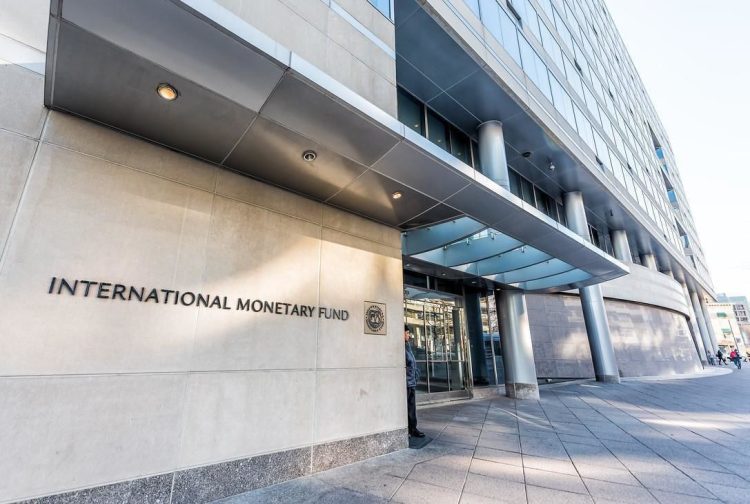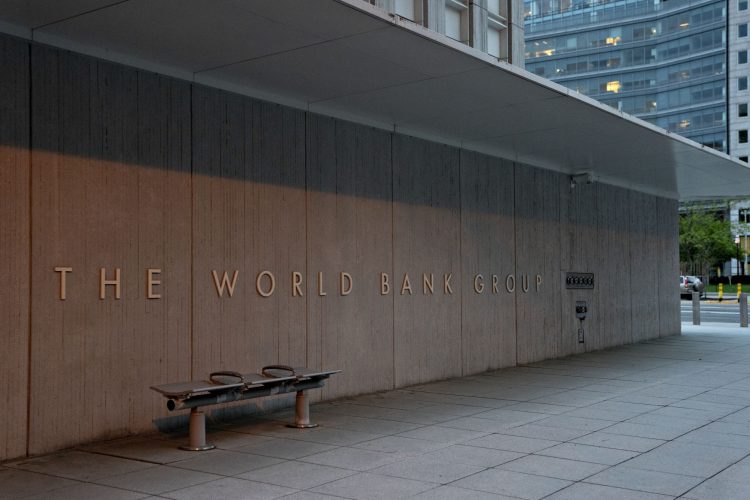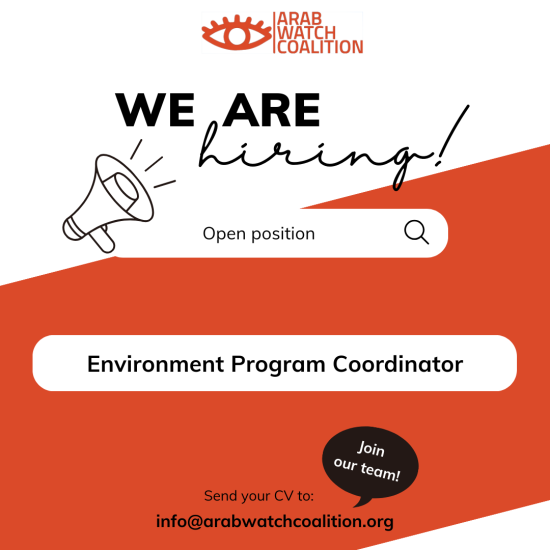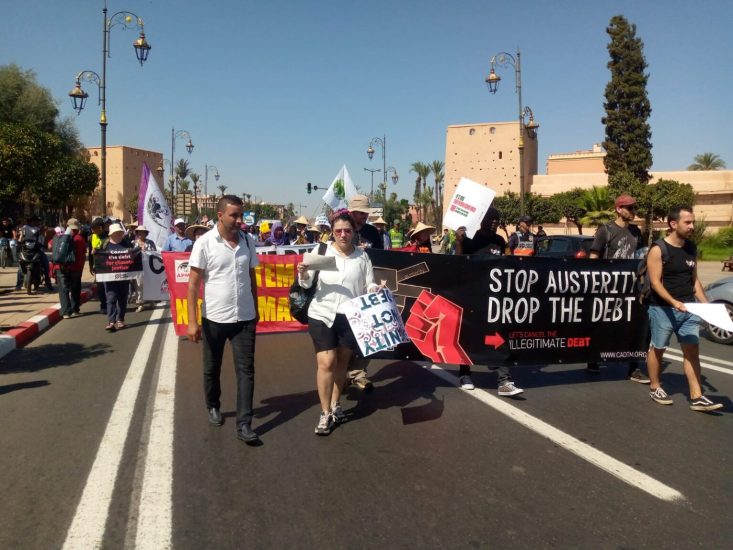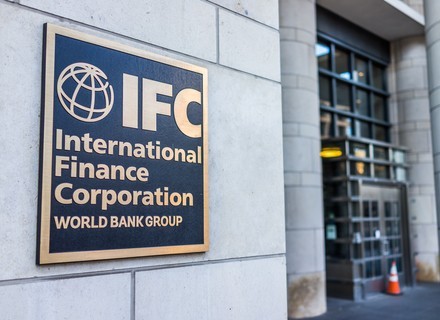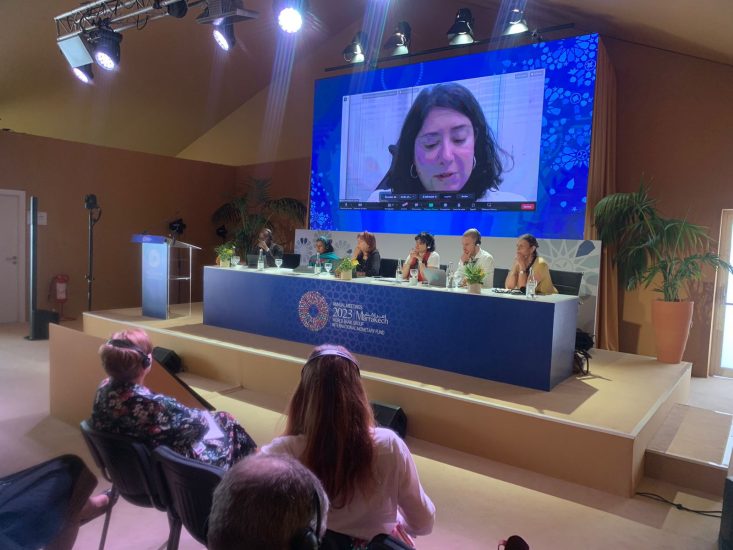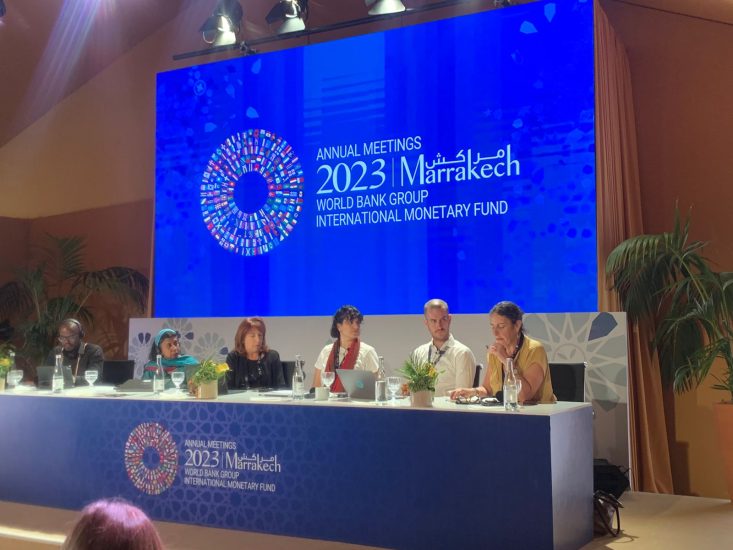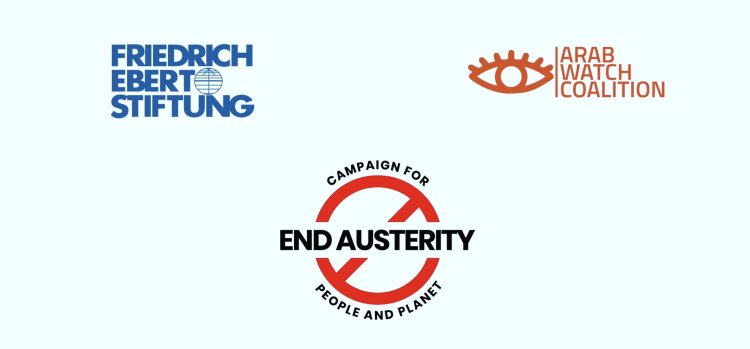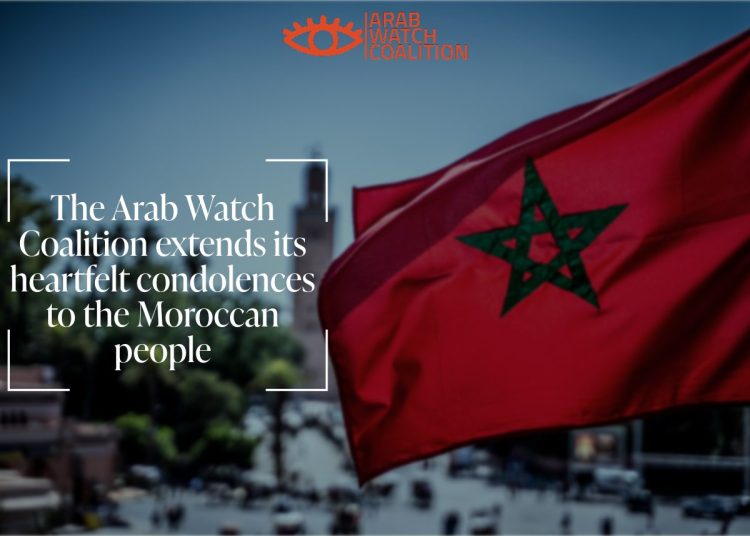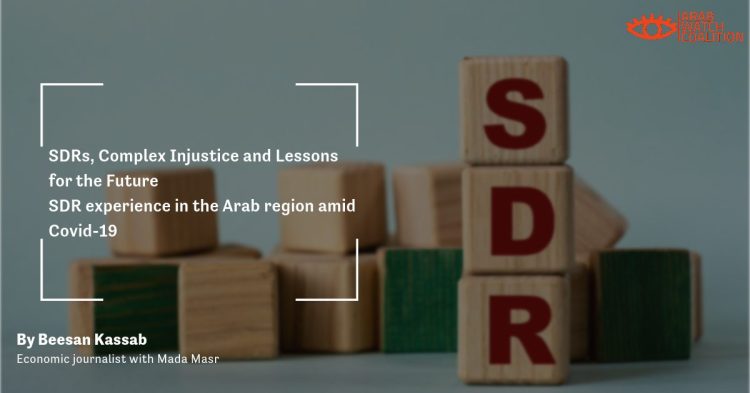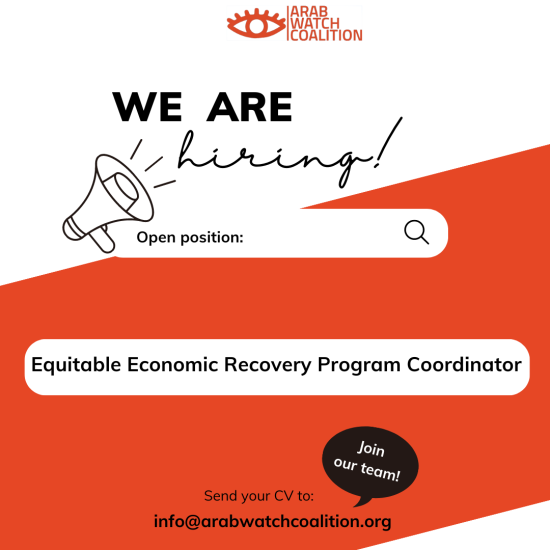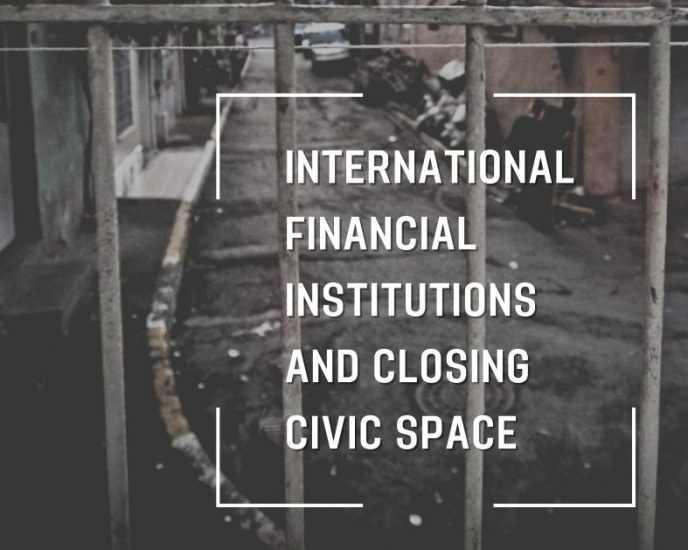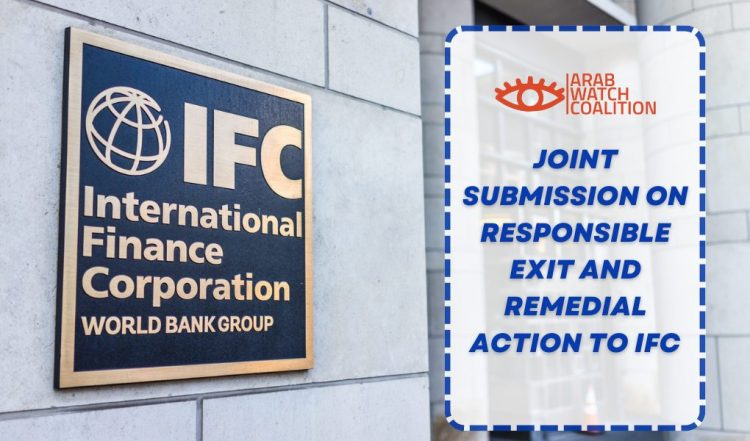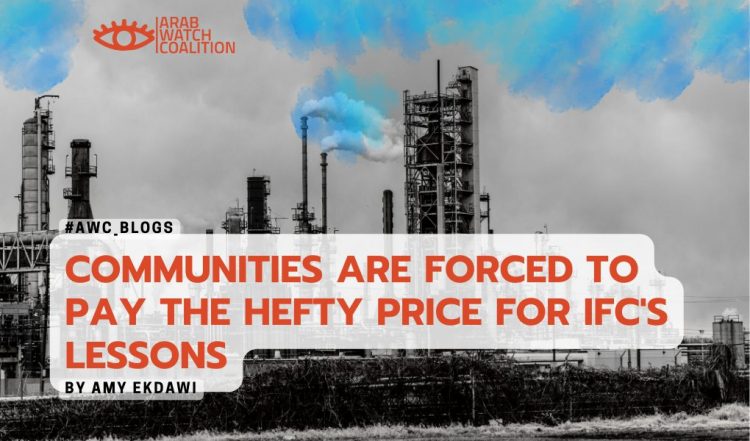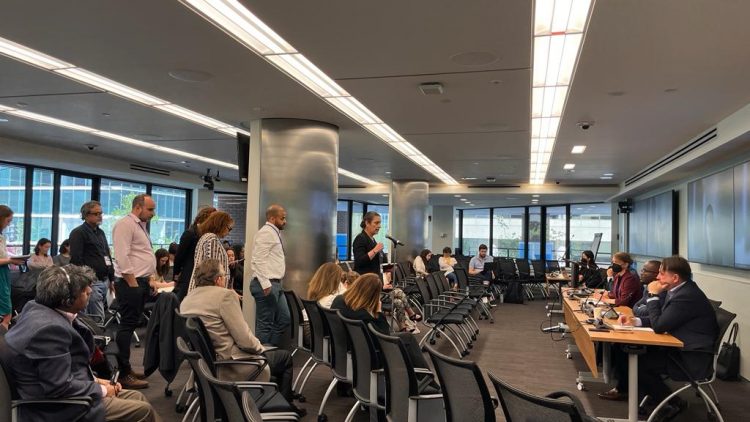Tunisia
AWC has eight members in Tunisia and works also with non-member organizations.
AWC monitors the policies and activities of the following International Financial Institutions (IFIs) in Tunisia:
International Monetary Fund (IMF)
Tunisia became a member of the IMF in 1958 and received its first loan from the institution in 1964. Over the years, according to the IMF’s History of Lending Commitments, Tunisia has obtained a total of 10 loans.
In October 2022, Tunisia initially agreed in principle to a $1.9 billion package from the IMF. However, President Kais Saied subsequently rejected the agreement, citing concerns that the imposed conditions could worsen domestic inequality and social tensions.
The IMF conducts an annual assessment of the Tunisian economy, known as the Article IV Consultation, which refers to Article IV of the IMF’s Articles of Agreement that outlines the IMF’s surveillance responsibilities.
World Bank Group (WBG)
Tunisia joined the World Bank Group (WBG) in 1958. Over the years, the WBG has financed 207 projects in Tunisia’s public sector. As of July 2024, there are 26 active projects and 2 projects in preparation (pipeline) under the WBG in Tunisia.
The International Finance Corporation (IFC), the private sector arm of the World Bank Group, is involved in 21 active projects and has 2 pending projects in Tunisia.
For each country where it operates, the World Bank Group develops a Country Partnership Framework (CPF) that outlines its strategic priorities over a three to five-year period. The current CPF for Tunisia spans from 2023 to 2027.
The European Investment Bank (EIB)
EIB started its operations in Tunisia in 1979. Since then, EIB invested € 7.46 billion Euros in 136 projects in Tunisia.
AfDB
Tunisia has been a member of the African Development Bank (AfDB) since 1964. Currently, the AfDB is managing 25 ongoing projects in Tunisia.
The AfDB creates a Country Strategy for each country it operates in, outlining its strategic framework for a specified period. The current Country Strategy for Tunisia, adopted in 2024, covers the period until 2029.
The European Bank for Reconstruction and Development (EBRD)
Tunisia’s partnership with the European Bank for Reconstruction and Development (EBRD) began relatively recently, with the first project financed in late 2012. From then until July 2024, the EBRD has invested €2,219 million in 69 projects across both the public and private sectors in Tunisia.
The EBRD develops a Country Strategy for each country it operates in, outlining its strategic framework for a specified period. The latest Country Strategy for Tunisia was adopted in December 2018 and covers until 2023. As of now, it has not yet been renewed or replaced.
Main issues that AWC focus on in Tunisia
Tunisia is facing a severe economic crisis that could threaten the democratic gains it has made since the 2011 revolution. Successive governments after the revolution have yet to achieve many of the economic demands that were among the causes of the revolution. Tunisia is suffering from a significant economic contraction, with economic growth not exceeding 0.6% in the past ten years. It also suffers from poor resources, deteriorating credit ratings, declining currency exchange rates, liquidity shortages, and delayed economic reforms, which have led to a decline in investment in the public and private sectors.
Many International Development Banks have investment portfolios in Tunisia in partnership with the public or private sector. The most important banks are the World Bank Group, the African Development Bank, the European Bank for Reconstruction and Development, and the European Investment Bank.
Tunisia is burdened with unfair debt levels that will continue beyond 2023. It has consistently obtained external loans to finance the budget at a higher rate than other countries. These types of loans dictated austerity policies. In the same vein, the Tunisian government has prepared a program (called “Reforms for Exiting the Crisis”) for its negotiations with the International Monetary Fund on financial allocations for 2022 to 2026. This program includes, in particular, freezing wage increases in the public sector, freezing recruitment in the public service and the public sector, abandoning public debt owed by public agencies, reviewing the state’s policy about its contributions to the capital of these agencies, up to the point of stopping contribution altogether, gradually lifting fuel subsidies to reach their real price, increasing electricity and gas tariffs, and establishing an electronic system for registering and managing financial transfers to compensate those who would be impacted by lifting subsidies on basic commodities.
Despite the role of the COVID-19 pandemic in deepening the social-economic crisis in Tunisia, where the pandemic caused poverty to rise to 21% of the total population, compared to 15.5% before the pandemic, the Tunisian government proposes strong and exaggerated austerity measures in its program to the IMF that violate the social and economic rights of citizens to have access to the requirements of a decent life.
Tunisian civil society has made many gains since 2011 and has gained experience in various fields. It has moved from volunteer civil work to professional work, especially monitoring and accountability. However, with the current government’s trend towards narrowing the civic space and ambiguity towards civil society, those working in this field have had to take precautionary measures for their safety and to defend themselves against any potential attacks on the civic space.
Since its inception, members of the Arab Watch Coalition in Tunisia have participated in activities related to International Financial Institutions’ policies, especially in debt accumulation and austerity policies. They have also issued studies and research on debt and proposed serious alternatives to austerity to address Tunisia’s economic and social challenges.
They have monitored and reported on projects financed by International Development Banks, including the World Bank loan to address the COVID-19 pandemic.
AWC Activities in Tunisia
AWC partnered with “Association Tunisienne de Droit du Development” to monitor and analyze the impacts of the World Bank’s Tunisia COVID-19 Response project. This program aims to facilitate access to help Tunisia face the Covid-19 challenges. The program has been active since 2020.
This page was last updated in July 2024


